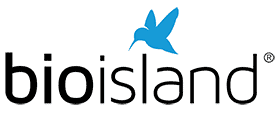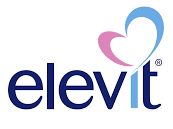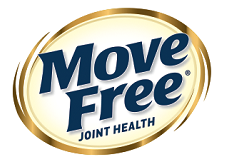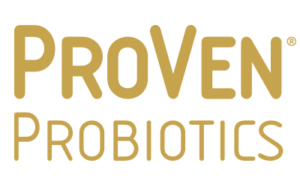
Health benefits of lutein, food sources, and supplement recommendations
What is lutein?
LuteinLutein, also known as "plant lutein," is a type of natural carotenoid widely found in vegetables, fruits, flowers, and other plants. It appears as bright yellow, rhomboid crystals, yellow at low concentrations and orange-yellow at high concentrations. It has a faint, hay-like odor and is insoluble in water. Lutein is a major pigment in the macular region of the human retina, an antioxidant, and can absorb short-wavelength light such as blue light.
Health benefits of lutein
1. Lutein plays a protective role in the macula of the retina, helping to prevent vision problems such as myopia, macular degeneration, and lens degeneration.
2. Lutein helps the eyes restore normal vision after exposure to strong light.
3. Individuals with higher concentrations of macular pigment in their bodies have better dark adaptation abilities.
4. It helps relieve eye strain.
5. It can enhance visual processing ability and significantly improve reading speed, motor performance, cognitive execution, and driving safety. Individuals with higher macular pigment density tend to have better intellectual performance.
6. It helps reduce the damage of harmful light to the skin, reduces melanin formation, and helps improve overall skin tone and brightness.
7. Lutein has a strong antioxidant capacity and can inhibit the activity of reactive oxygen free radicals.
Related reading:Eye protection secret – Lutein
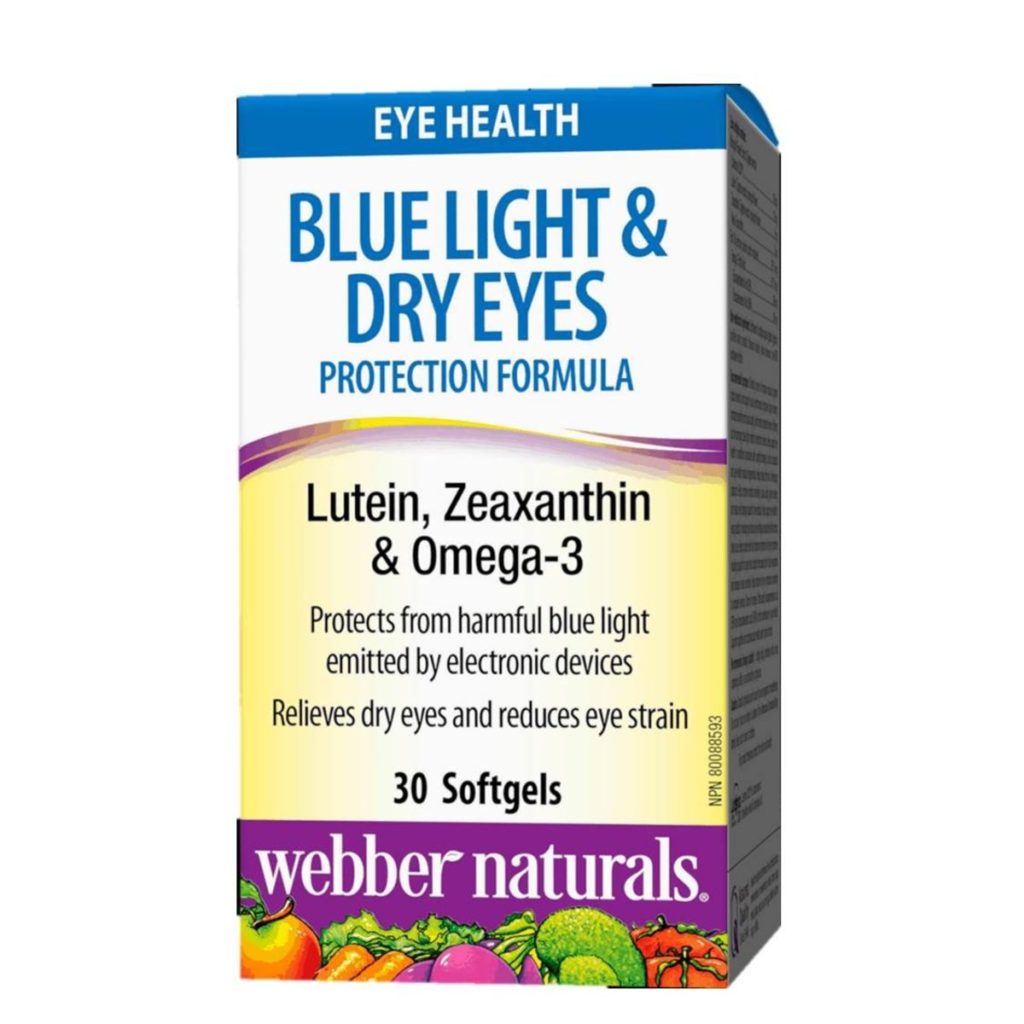
Who should take lutein supplements?
1. Elderly people and those with high myopia can supplement with lutein in moderation, which helps prevent macular aging.
2. People who frequently engage in outdoor activities or work, or who are exposed to strong light for extended periods, need to supplement with sufficient lutein.
3. Lutein helps neutralize harmful blue light, so it is recommended that office workers and people who frequently use mobile phones supplement it in moderation.
For those who need to take lutein supplements, it is recommended to take 6-10 mg of lutein daily for 6 months, preferably after breakfast to avoid increasing the burden on the liver if taken at night. Children under 4 years old should avoid taking lutein supplements to prevent jaundice.
Food sources of lutein
Leafy green vegetables such as mustard greens, spinach, lettuce, as well as winter melon, corn, and marigolds are rich in lutein. Egg yolks also contain relatively rich amounts of lutein and zeaxanthin, with an absorption rate 3-4 times that of leafy green vegetables.

Lutein health supplement recommendations
- Vita Green – Lutein 25mg + Zeaxanthin 5mg 175 Softgels
- Jamieson – Extra Strong Eye Protection Lutein Essence (20mg) 45 Capsules



